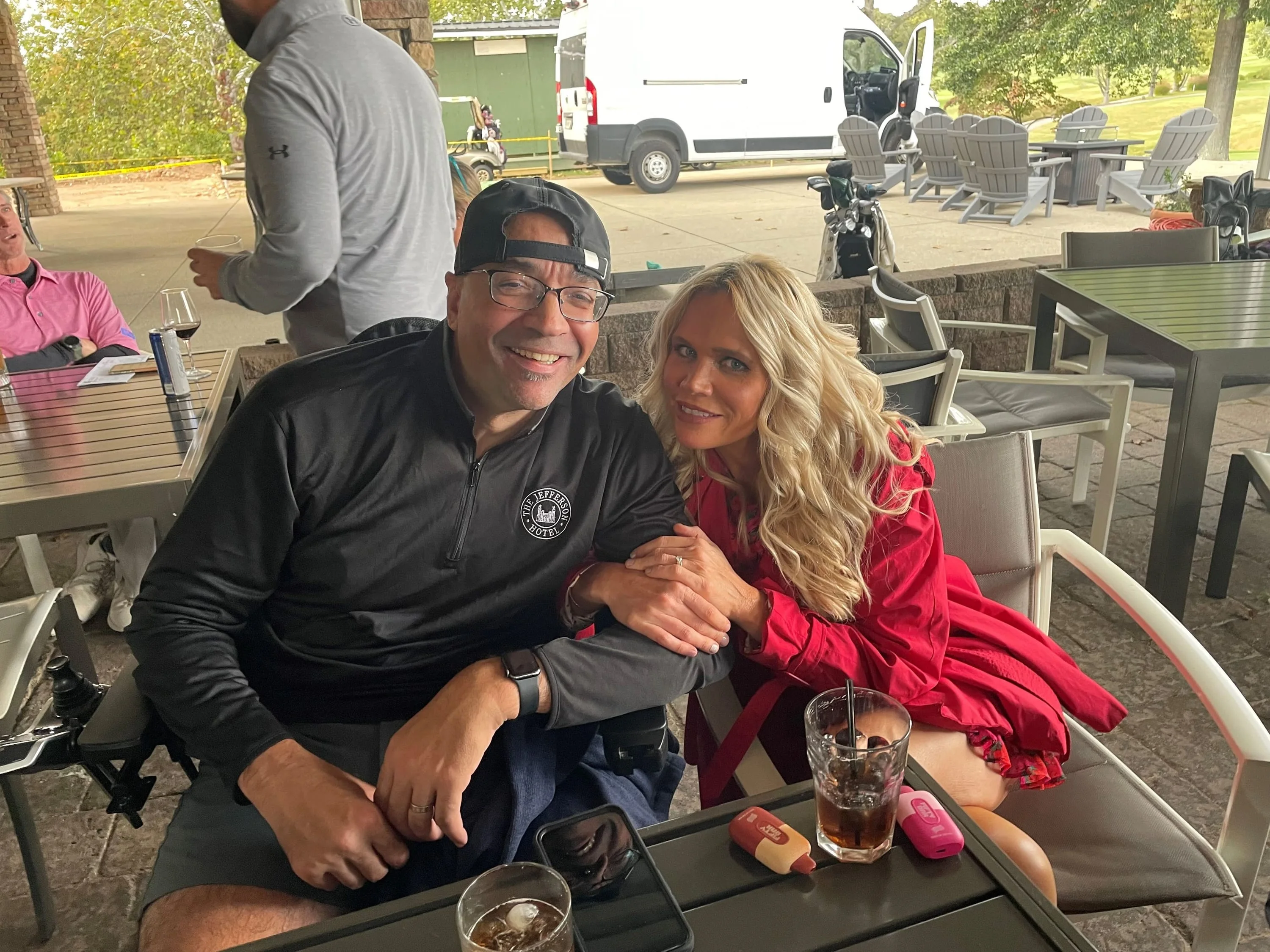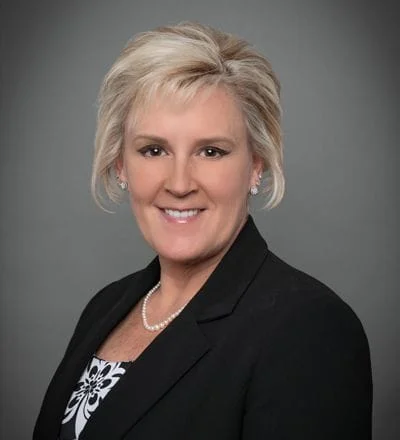
- posted: Oct. 20, 2022
- Insurance Coverage
A lawsuit alleging bad faith exposes an insurance company to significant liability and can damage its reputation in the marketplace. In West Virginia, bad faith is a tort cause of action, which is based on an insurer using delays and unfair tactics to avoid paying out on a valid claim. Insurers should vigorously assert meritorious defenses against such allegations whenever possible.
These are some key defenses to bad faith allegations that may be effective:
- Statute of limitations — The bad faith lawsuit must be timely. The statute of limitations depends on whether the court finds that the action is grounded in tort (two-year statute) or in contract (10-year statute). The court’s determination of the nature of the lawsuit depends on the specific allegations in the pleadings and the related evidence.
- Comparative bad faith — Insured parties alleging bad faith often paint themselves as victims of greedy insurance carriers. However, insureds may engage in questionable or even illegal conduct in the course of pursuing an insurance claim. They may make misleading statements or fail to disclose relevant information about their claims. The insured’s misconduct can be grounds for reducing or even nullifying damages for alleged insurer bad faith.
- Reverse bad faith — An insured may make a fraudulent or deceptive claim and then allege that the insurer processed the claim in bad faith. As the underlying claim is without merit, there can be no case for improperly handling the process. Reverse bad faith is a complete defense to bad faith and can also be raised as a counterclaim, by which the insurer can seek money damages from the insured for the fraudulent or deceptive conduct.
- Advice of counsel — An insurer can defend against a bad faith allegation by showing it followed the advice of counsel in handling the original insurance claim. If the insurer provided all of the relevant information to defense counsel and the company reasonably relied and acted upon competent advice provided by its lawyers, then there is no bad faith.
There may be other defenses that can be raised based on the facts and/or the relevant law in a particular case. For example, the insurer can show that its investigators and evaluators actively addressed the original claim according to the company’s best practices. It can also show that any settlement offers made were consistent with how claims for similar losses have been compensated. A qualified bad faith claims litigator can determine the strongest defenses possible by predicting how a jury might view the facts and circumstances.
Pullin, Fowler, Flanagan, Brown & Poe, PLLC in Charleston, West Virginia is one of the premier insurance litigation firms in the region. Our insurance defense team is diligent in making sure that carriers get the best possible defense in every case. If you are an insurance carrier facing bad faith allegations, please contact us online or call 304-344-0100 for an initial consultation.



















